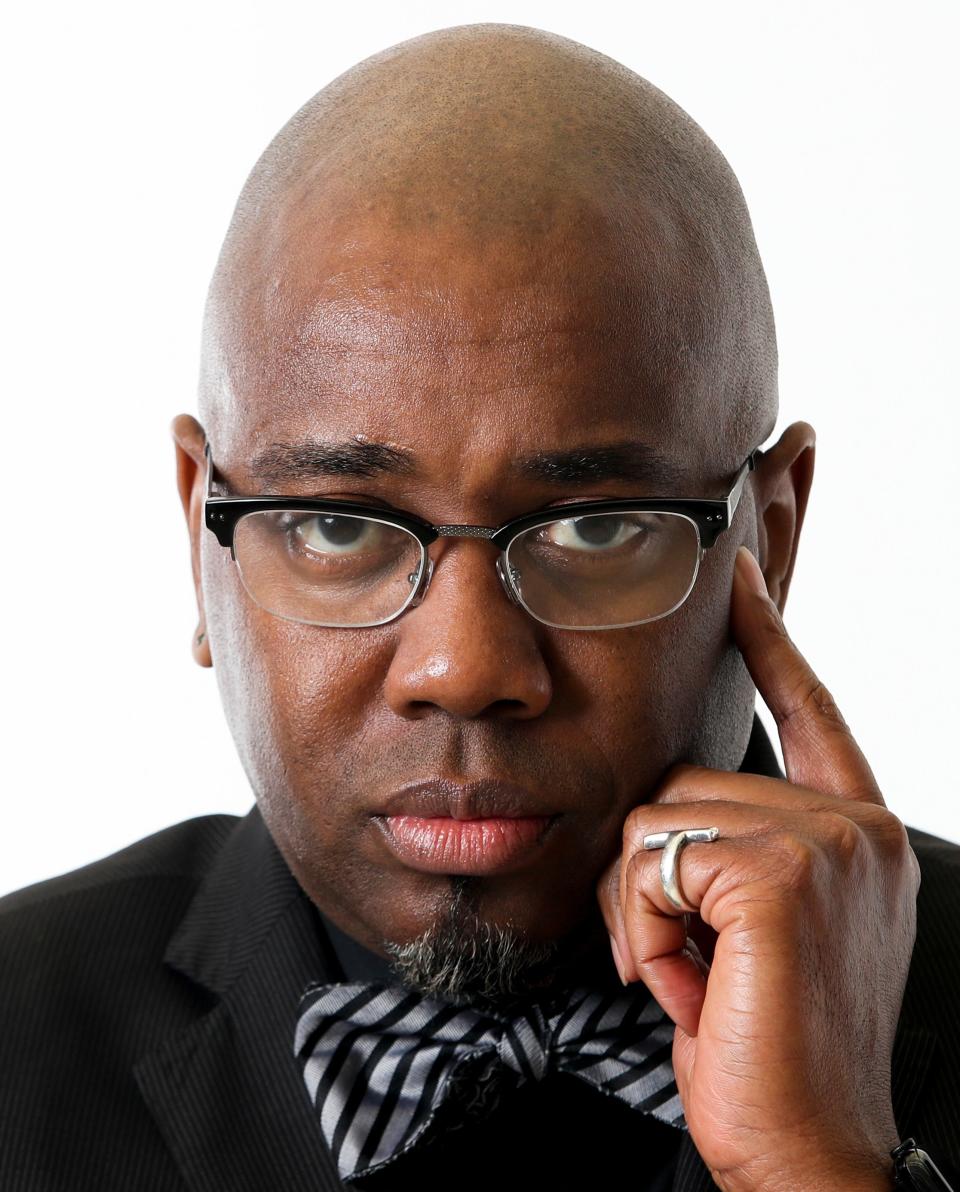How Berea College once fought racial injustice and lost. Will any schools fight back this time?
Legalized anti-blackness is not new in America. In fact, it’s been around since the country’s founding and may endure until its fall. Though many refuse to admit it, but the latest display of this American reality was the U.S. Supreme Court’s dissolution of racial consideration in college admissions.
Oddly, there has been very little substantive public conversation by many colleges and universities on how this will impact various realities concerning the already paltry numbers of Black students, faculty, staff and administrators. When most university administrators or observers talk about these issues (if they talk about them at all), they often center on what the Supreme Court’s decision says and what they cannot do because of the current legal reality. But should we always passively follow the law? Martin Luther King Jr. said no.
In fact, King said people “have a moral responsibility to disobey unjust laws.” After all, remember slavery was legal in America for 246 years. Jim Crow segregation was legal for 58 more. King wrote in his “Letter from a Birmingham Jail,” “We can never forget that everything Adolph Hitler did in Germany was 'legal' and everything the Hungarian freedom fighters did in Hungary was 'illegal.' It was 'illegal' to aid and comfort a Jew in Hitler's Germany.”
Help us tell our stories: Black people of Eastern Kentucky have something to say
Black Americans have always fought against legalized racial persecution
From the slave Elizabeth “Mum Bett” Freeman to Charles Hamilton Houston, Black Americans have always fought against legalized racial persecution and some loyal allies have provided aid and comfort along the way. Kentucky’s tiny Berea College has such a noble history.
In 1904 Kentucky passed “An Act to Prohibit White and Colored Persons from Attending the Same School,” better known as the “Day Law” because it was introduced by Representative Carl Day. Day said he was motivated to push the law after visiting Berea College, the states only racially-integrated school, and witnessing an interracial hug between two female students.
The virulently racist Day only served in Kentucky’s House of Representatives for three months before dying in office, but the law that carried his name had long term effects in that it was successful in legally mandating racial segregation in the state’s educational institutions.
What did Berea do? The Mountaineers fought back.
Under the leadership of President William G. Frost, Berea stood alone and fought back. Berea did not remain silent. It did not change the name of its diversity office. It did not bow. It did not cower or make excuses. The Berea Mountaineers fought back. They fought it all the way to the U.S. Supreme Court even after Kentucky convicted the school of criminal charges.
One day you should read the entire story of Berea’s war against educational injustice in Kentucky. If you do, you’ll learn that the mighty Mountaineers ultimately lost their Supreme Court case in 1908. But that’s not really the point. The point is Berea tried!
The sin isn’t in fighting and losing. The sin is in not trying at all. Or even worse, not trying and then lying and gaslighting people in an attempt to convince us that you are doing your level best to do the right thing.
Ricky Jones: Montgomery brawl isn’t just about memes, and Malcolm X predicted it.
In a country where it was once illegal for most Black people to learn to read and write, their educational possibilities are once again under attack. It will be interesting to see which schools in and outside Kentucky will fight back this time around.
No matter what, remember President William G. Frost and the Berea Mountaineers! They were true titans! Sure, they lost in the end. American racism is a tough opponent. But sometimes you win even when you lose if you fight for the right thing.

Dr. Ricky L. Jones is the Baldwin-King Scholar-in-Residence at the Christina Lee Brown Envirome Institute and Professor of Pan-African Studies, University of Louisville. His column appears bi-weekly in the Courier-Journal. Follow him on Threads, Facebook, X, and LinkedIn.
This article originally appeared on Louisville Courier Journal: Berea College fought against racial injustice. Who will stand up now?

